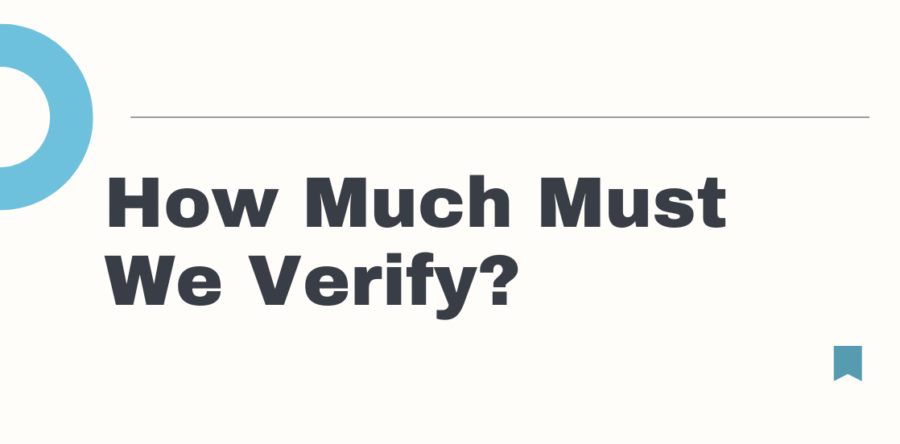Written by My Collaborative Team President Edward S. Sachs
The clients provide the financial neutral with a balance sheet of marital assets and liabilities and tell the neutral that they are in agreement as to the completeness and accuracy of the schedule (though they may have differences on classification of marital and non-marital). At this point in time, neither feels a need for the neutral to seek documentation to verify the values.
Is there a due diligence requirement for professionals in the Collaborative Process?
There is a due diligence requirement for professionals in the Collaborative Process, though it looks somewhat different from traditional litigation due diligence.
In Collaborative Practice, due diligence refers to each professional’s obligation to ensure that decisions are made based on complete, accurate, and transparent information — financial, legal, and emotional. It’s an ethical and procedural safeguard designed to protect the integrity of the Process and the clients’ ability to make informed choices.
Collaborative attorneys must ensure their clients fully disclose all relevant financial and factual information. They have a duty to educate and advise their clients so decisions are made with full understanding of the legal implications.
Financial Neutrals normally perform much of the technical due diligence — gathering, organizing, and analyzing financial data. Their responsibility includes ensuring transparency, identifying missing or unclear information, and providing neutral analyses. They help both parties understand the financial consequences of various settlement options.
The collaborative team collectively bears responsibility for maintaining informed consent and procedural integrity.
Due diligence means not rushing to settlement before all issues are fully understood and all information has been exchanged.
While Collaborative Professionals operate in a non-adversarial model, due diligence remains essential — it’s reframed from “investigating for advantage” to “verifying for informed consent.” The ethical obligation is to ensure that both parties negotiate with full understanding, honesty, and transparency.




Great post. I’ve found that when couples bring in a jointly prepared balance sheet and agree on values, it can give a false sense of completion. In my experience, due diligence in the Collaborative Process isn’t about challenging their agreement, it’s about confirming that both parties truly understand the numbers and what they represent. “Trust but verify” still has a place, even in a transparent process.
Good article. It is helpful to explain to clients that this step of verification is required by our process and our ethics. In the hypo it is possible that one party or the other accepted the other person’s expertise and relied on it in the compliation of the spread sheet. And, it is possible that their established patterns, both individually and as a couple resulted in an inaccurate description, although “unintentionally.” And given they don’t know what they don’t know, your expertise is needed to complete the data collection and presentation. It might also give more comfort to the non-financial CEO spouse to see that the team is taking this extra step to assure accuracy and transparancy. In California the law requires providing the most recent statements of all accounts when preparing disclosures, and that applies to the Collaborative process cases as well. Tedious for sure, but not a bad idea. It eliminates this issue.
The law in CA requires each party to disclosure and exchange their assets and debts and provide supporting documentation. Proof of the exchange is filed with the court, though the list of assets and debts are not.